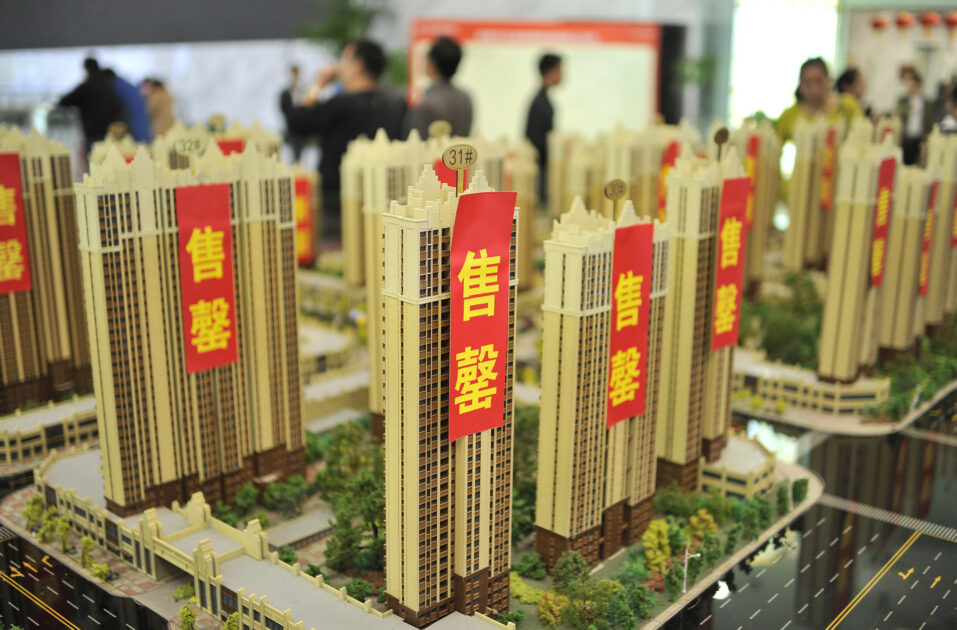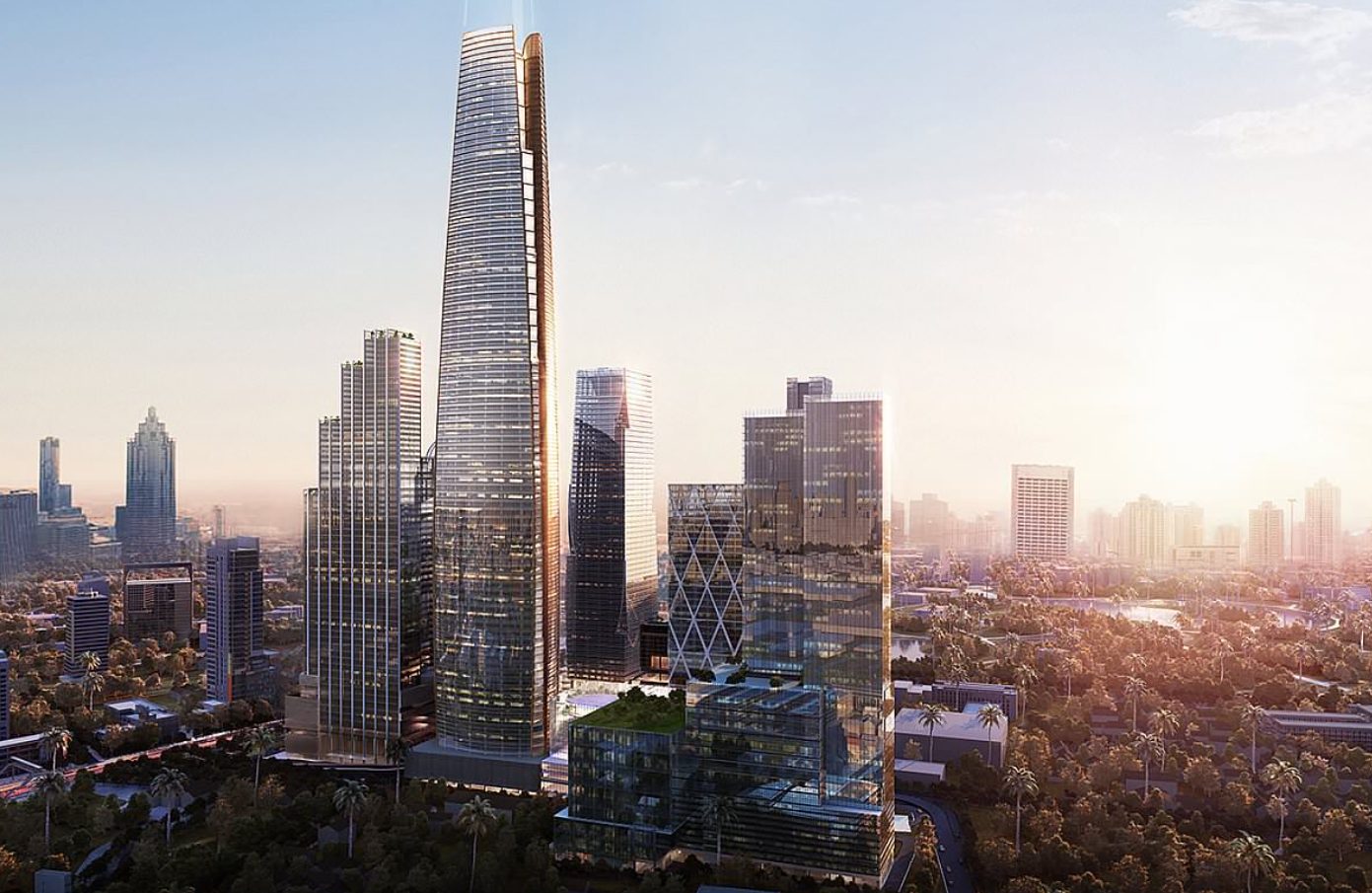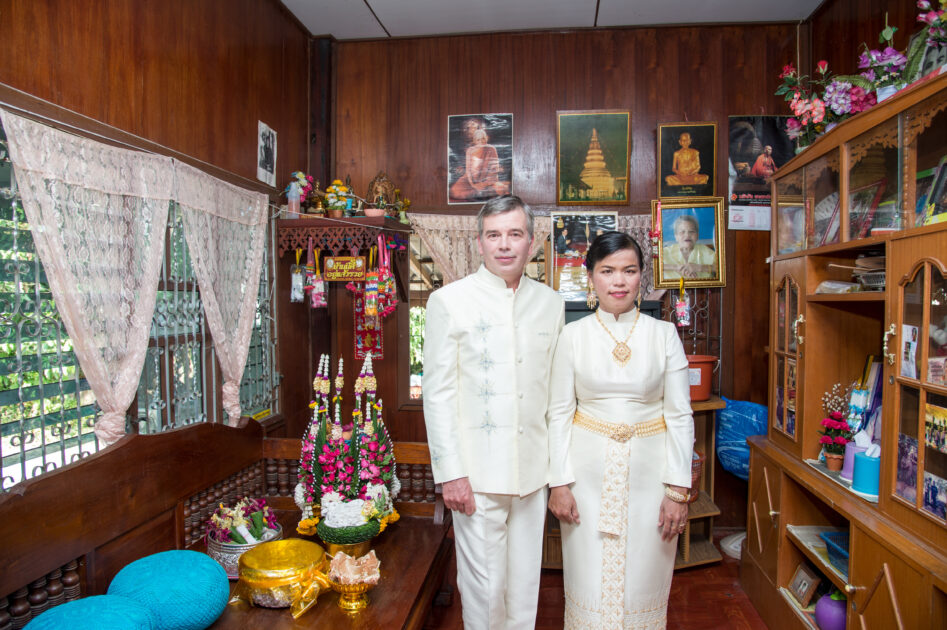Over the past week, two major news in the regional property sector got quite a bit of attention. While both were eyebrow-raising, they are definitely unprecedented during these challenging, economic times.
Most of these movements or policies do not affect developers, homebuyers or residents in Singapore, but they do teach us a thing or two. Who knows? They may even inspire or galvanise the relevant authorities to look into or gatekeep them from happening here.
China: Buyers of over 230 properties in 86 cities have collectively refused to pay their mortgages in “Bai Lan (摆烂)” boycott due to pre-sold, unfinished projects
With the current economic slowdown (due to China’s repeated zero-Covid policy), and Beijing’s regulatory crackdown to deleverage and contain soaring property prices, developers in China have been struggling to complete projects since last year.
This financial stress has caused developers to push back on project completion timelines or halt construction altogether. Affected provinces include cities in Hunan, Hebei, Henan and Jiangxi.

This has angered many middle-class homeowners who have pre-bought their apartments ahead of time, including some who had planned to move in before getting married.
Many of these affected homeowners have united and stopped repaying their mortgage loans en masse, in a “bai lan” (摆烂) movement (in English, it means ‘let it rot’). This phrase means a voluntary withdrawal from higher life pursuits due to insurmountable odds.
Not only that, their refusal to make their mortgage commitments would put these homeowners at risk of being sued by their banks. It is also believed that if they are blacklisted by credit rating companies, it would also affect their family’s ability to apply for civil service jobs, university admissions, get bank loans and so on.
In Wuhan, a project called Wonderful Fragrance Garden, remained unfinished after its 2nd phase. It started selling in 2019 and was scheduled to be delivered in December 2021. The developer, Meihao Group, halted construction at 70% and went behind schedule, prompting the protest.
In Zhengzhou city (Henan province), an affected homeowner said he is not able to see the incomplete home, and he has run out of options. He has to pay his bank a monthly 6000RMB (S$1242) for the mortgage, while his family of four lives in a rented home on a monthly 2500RMB (S$517) rent.
This means he has to earn at least 8000 RMB (S$1,656) a month just to make these housing payments. While his wife and he both earn a combined income of 11,000 RMB (S$2,277) a month, he questions how many middle-class families in China can earn so much and make ends meet.
One Zhengzhou project, which launched in 2013 but has been halted, left more than 6000 owners without a home. An apartment then was estimated to cost 30,000 to 200,000RMB (S$6213 – S$41,417) each.
西安烂尾楼业主在银监局门口抗议 pic.twitter.com/PbBHA94VhX
— 方舟子 (@fangshimin) July 15, 2022
It is believed some banks have begun calling affected individuals and offering them one-year deferments (with compounded interest after that). However, as the “bai lan” movement grows, some analysts fear it could potentially create a domino effect and trigger a catastrophic financial crisis in China.
Thailand: Foreign nationals will be permitted to own up to 0.16 hectares of land from September (but they have to invest US$1.09m first)
For many years, foreign nationals visiting Thailand have enjoyed its tourist destinations, shopping malls and unique festivities. They can buy condominium units and apartments, but traditionally, they cannot buy the land itself.
Well, in an effort to boost its economy and attract big-spending foreigners, the Thai government, subject to cabinet approval, will soon allow foreign nationals to buy and own up to 1 rai (0.16 hectares) of land from September. The condition is that they have to first invest 40 million baht (S$1.53m) in Thai property, securities or funds over three years.
There are even plans to toss in some tax benefits and a 10-year visa to sweeten the deal.

Under Thai law, up to 49% of a condo project can be sold to foreigners in perpetuity (freehold). There are the popular “condotels” or hotel-licensed condominiums. These are basically condos that combine hotel services with a strata structure similar to a condo (sort of like owning serviced apartments).
Besides the cities, you’ll also find many popular holiday resorts in Phuket, Krabi and Koh Samui offering condotel investment opportunities.
Owners are usually given a certain number of “vacation visitation days” to their condotel unit (usually 2 weeks to a month), where they can fly in and enjoy these vacations in their own properties. For the rest of the year, the unit is rented out by the hotel to guests and homeowners are rewarded with a guaranteed rental return from a “rental pool”.
If a foreigner wants to build and own a holiday villa, he can only own the actual building (but the land itself has to be leased – usually 30 years – from the freehold owner, usually a Thai).

If the foreigner marries a local Thai (either wife or husband), the couple would then make a joint declaration that the Thai spouse’s funds are used for the purchase. While the spouse can choose to mortgage or sell the property without the foreigner’s consent, it is more prudent to form a joint-ownership where the foreigner leases the house from his/her Thai spouse.
Well, if you have plans to invest at least 40 million baht in Thailand, owning a piece of land (we’re not yet sure where…) in the Land of Smiles may just be a dream come true for you, especially if you and your family are regular vacationers.
–
–
Are you affected or inspired by this news? Let us know why in the comments section below.
If you found this article helpful, 99.co recommends The Evergrande crisis: 4 things to know about the Chinese property developer, and whether it’ll impact Singapore’s property market and Are we seeing more Hong Kong residents buying or renting properties in Singapore?
The post Property news from China and Thailand over the past week that got Singaporeans talking appeared first on .






















